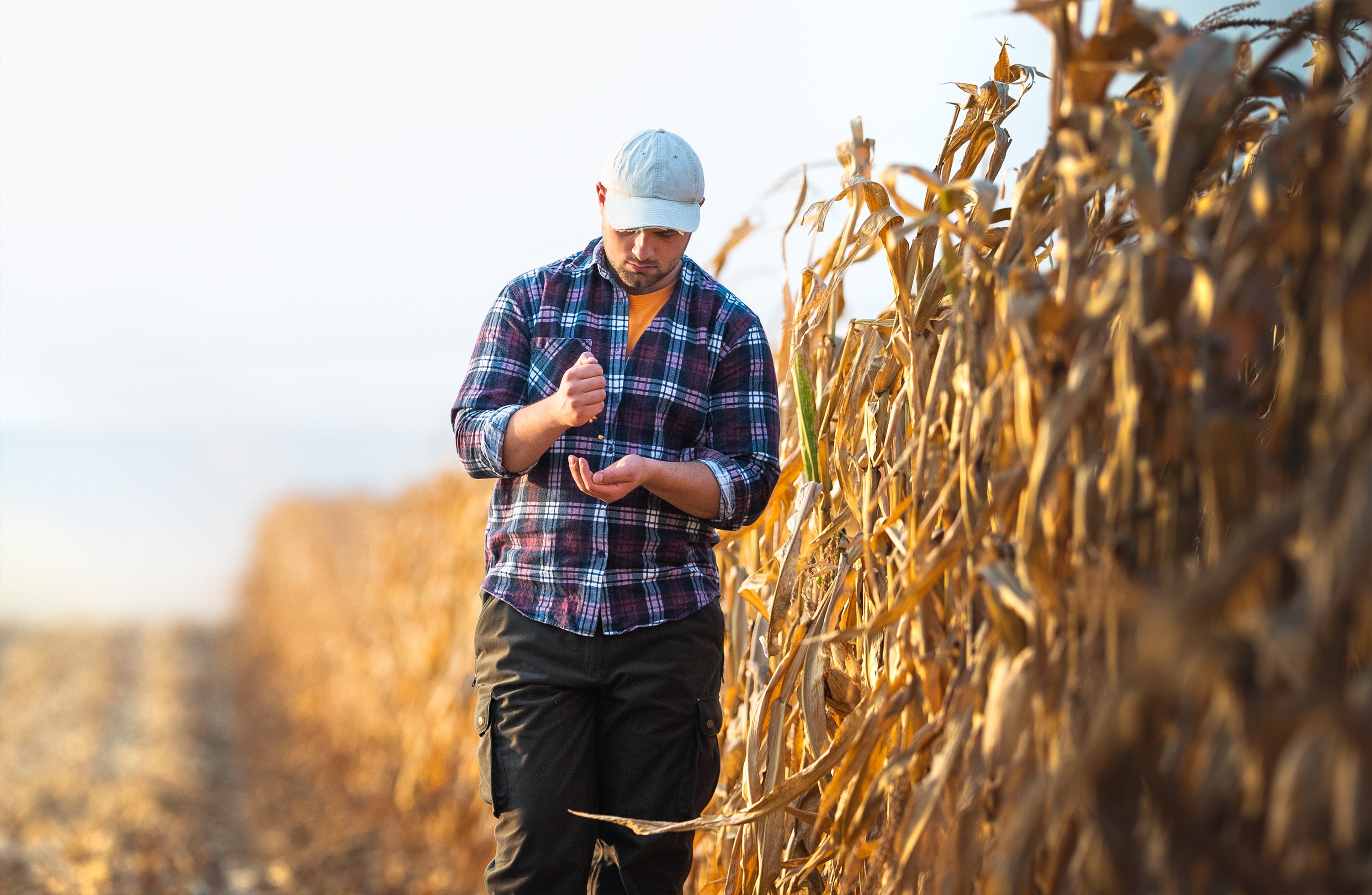

This report investigates the impact of psychosocial risk exposure for farmers and farm workers using a combination of desk-based research and interviews with key stakeholders from the sector.
Good practice examples show the range of prevention and intervention measures that can be implemented to improve the mental wellbeing of farmers and farm workers. Finally, a list of considerations and policy pointers for improving occupational safety and health (OSH) in the agricultural sector are presented based upon the findings.
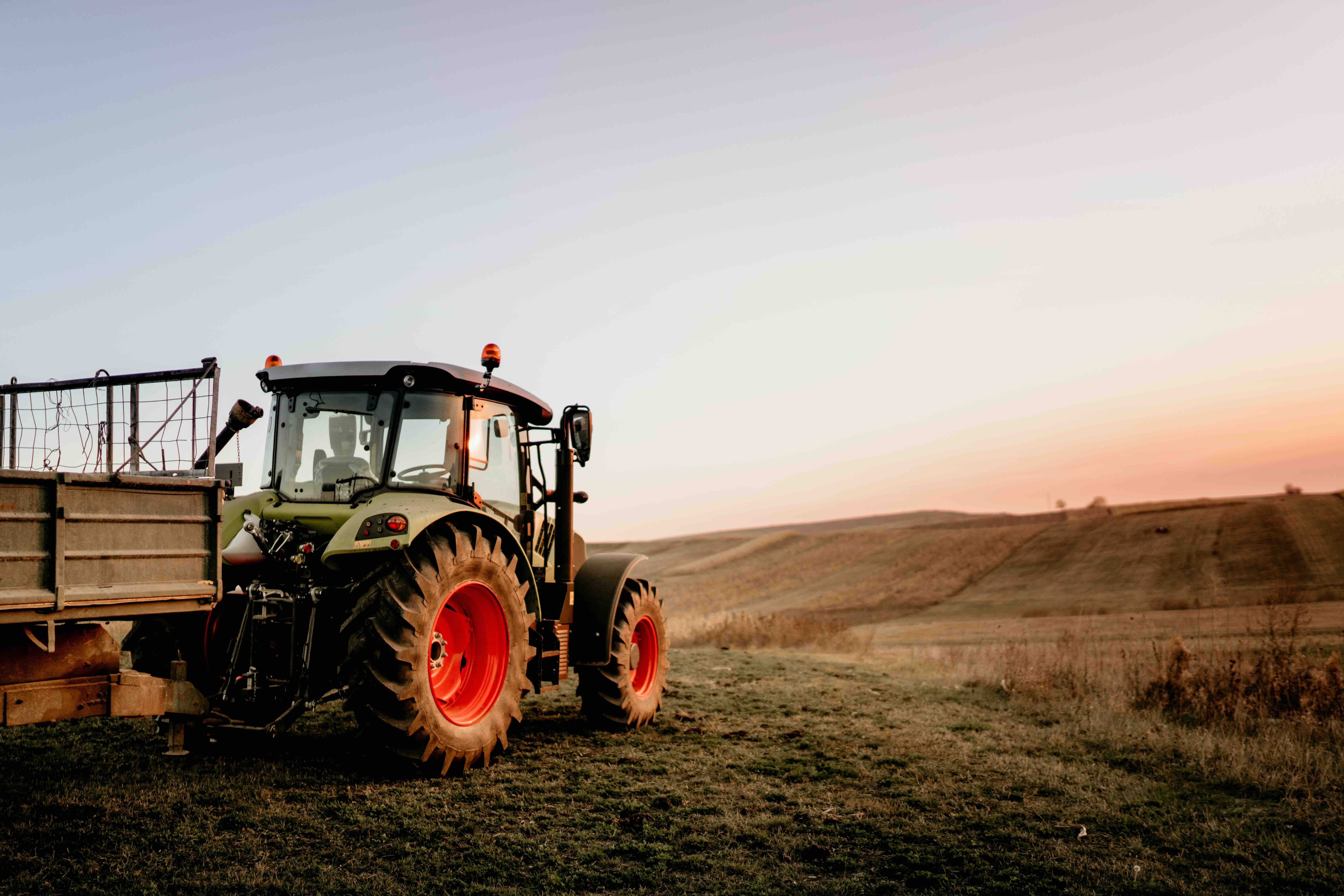
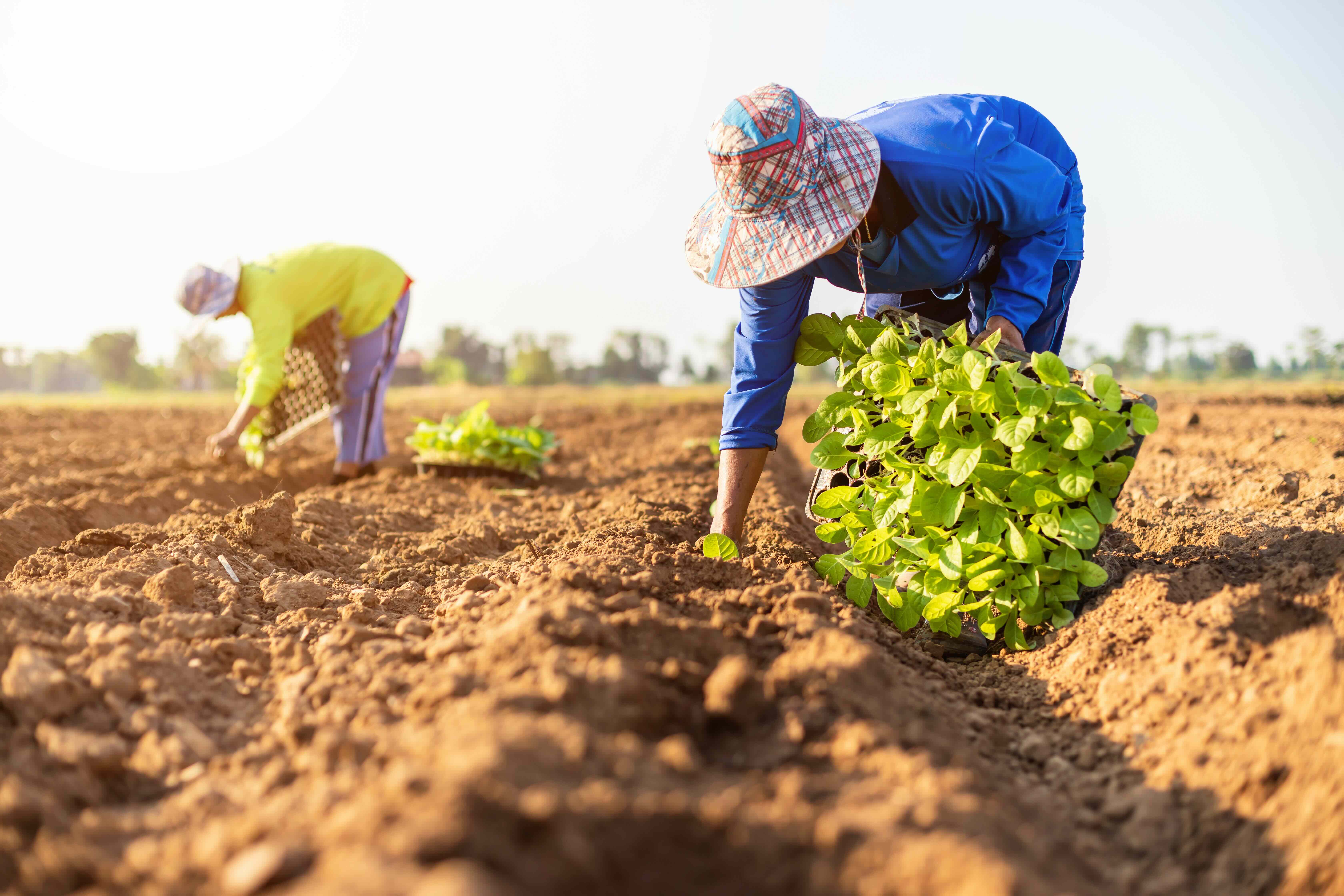
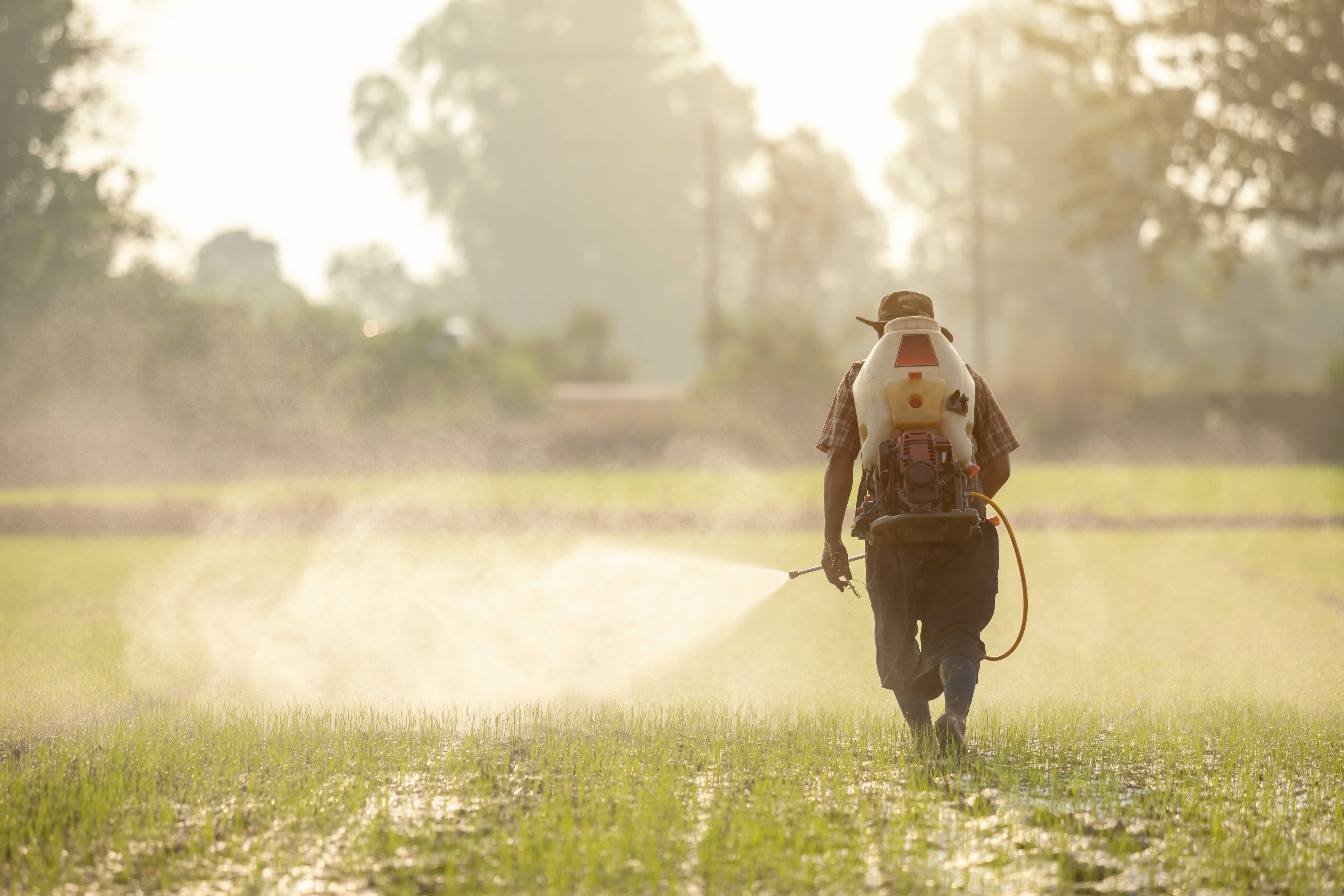
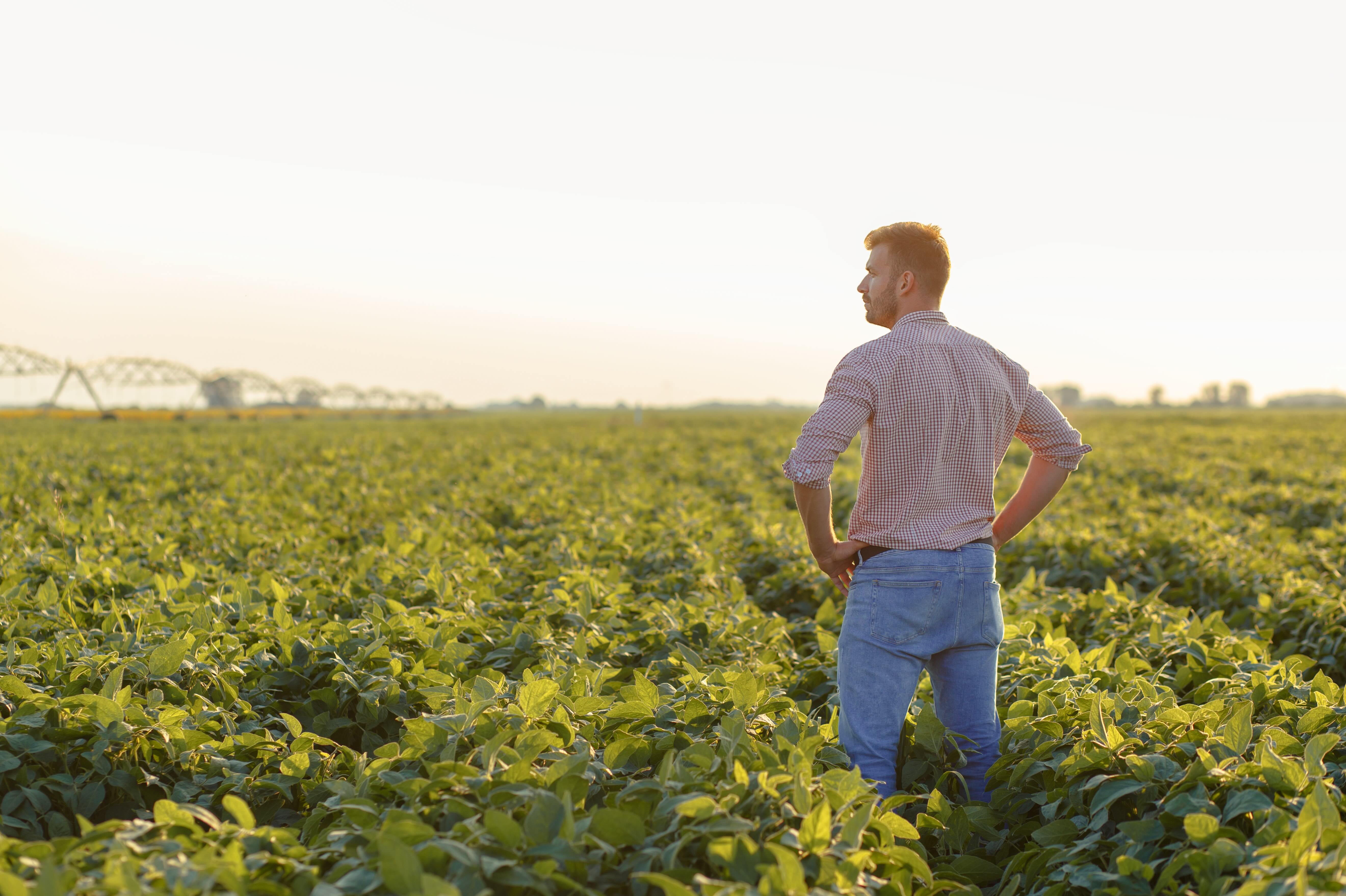
Psychosocial risks in the agricultural sector are complex
Self-employed farmers form the majority of the agricultural workforce. 93% of the EU farms are family farms where 50% or more of the agricultural labour force is provided by family workers. The workforce of more industrialised farm businesses are farm workers with a high percentage of migrant or seasonal farm workers. Most of the psychosocial risks identified in this study concern both categories with some risks specifically affecting farm workers.
In general, psychosocial risks in agriculture, may emerge from poor working conditions relative to work design, organisation, management and/or the workplace’s social context. Psychosocial risks, stress and mental health issues are important challenges facing the sector, as up to half of farmers and farm workers exceed 48-hour weeks. Rates of stress, anxiety, burnout, suicide and depression are high. For example, one in four Irish farmers face burnout, and in France, one farmer suicide takes place every two days.
Furthermore, agricultural work is labelled as one of the most hazardous occupations in Europe, with the sector being amongst those with the most fatal accidents in 2021.